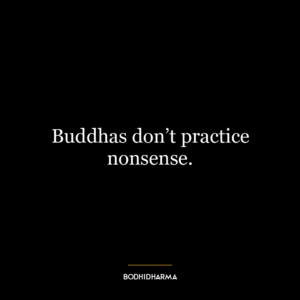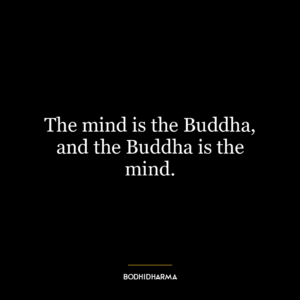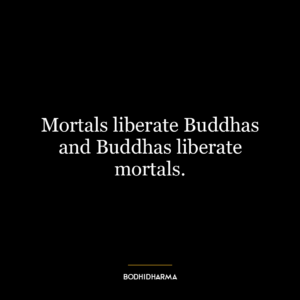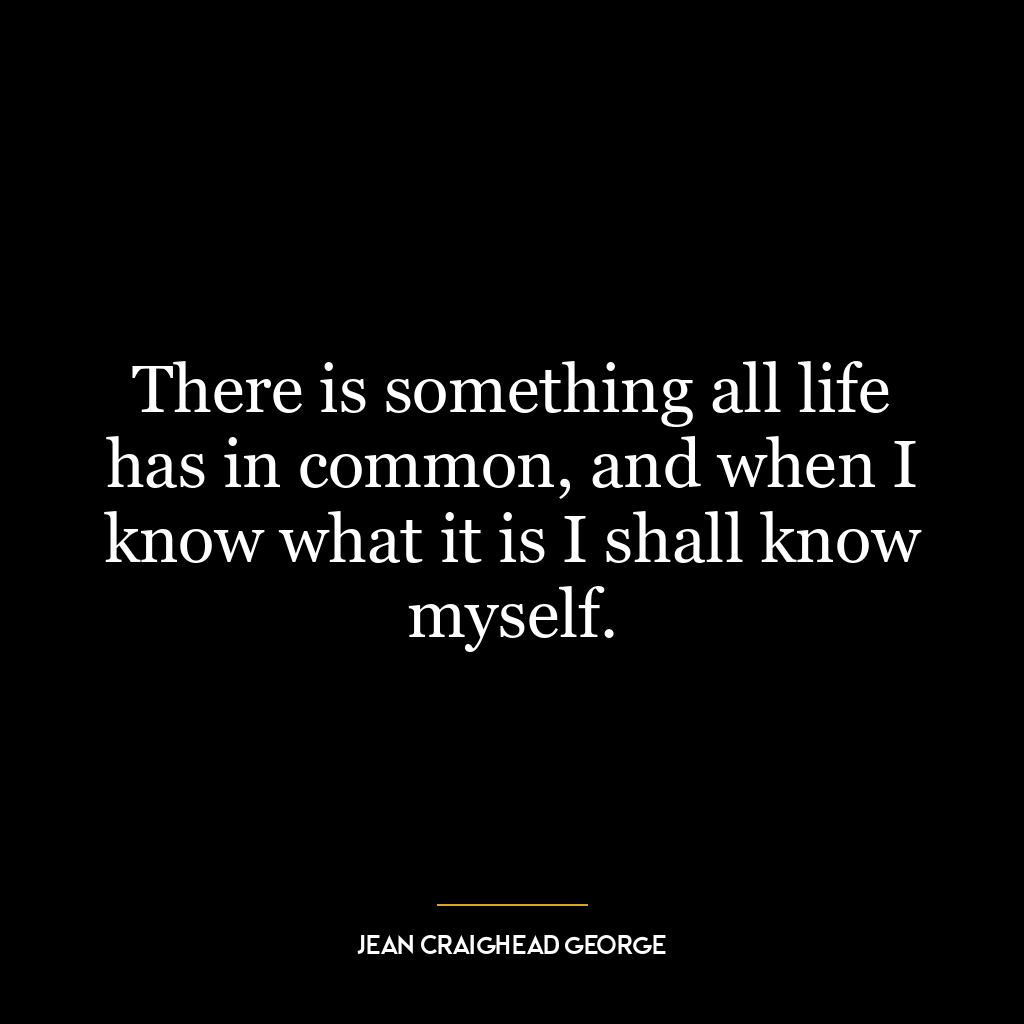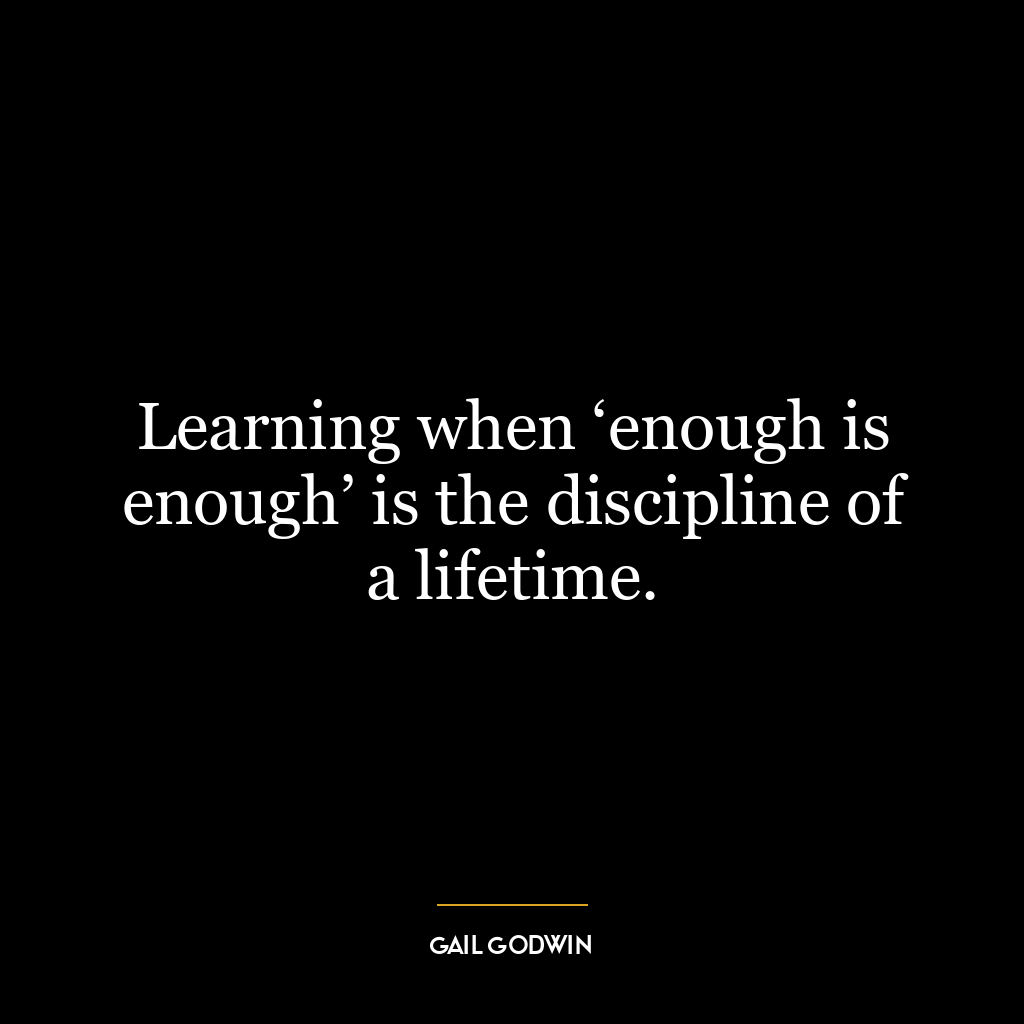As long as you look for a Buddha somewhere else, you’ll never see that your own mind is the Buddha
This quote suggests that enlightenment or realization is not something that can be found externally, but rather, it is something that exists within oneself. In this context, the Buddha is not just a religious figure, but a symbol of enlightenment and ultimate understanding. The quote implies that seeking enlightenment outside oneself is a futile endeavor, as true enlightenment, or the ‘Buddha’, is within one’s own mind.
The ‘Buddha’ in one’s mind can be seen as the highest potential of one’s self, the embodiment of wisdom, compassion, and awareness that lies within everyone. It can also be interpreted as the understanding that one’s reality is created by one’s own thoughts and perceptions. Hence, instead of seeking wisdom and understanding from an external source, one should look inward to their own mind.
In today’s world, this quote can be applied in various ways. It can be a reminder to seek solutions within oneself rather than relying on external factors. For instance, in personal development, instead of seeking validation and approval from others, one should seek self-approval. It suggests that the key to personal growth and self-improvement lies within oneself.
This quote can also be a call for introspection and self-awareness. Instead of blaming circumstances or others for one’s problems, one should look within to understand the role of their own thoughts, emotions, and actions in creating their reality.
Furthermore, this quote can be a reminder that everyone has the capacity for wisdom, compassion, and understanding, just like the Buddha. Hence, instead of idolizing others, one should strive to realize their own potential.
In conclusion, this quote suggests that the key to enlightenment and personal growth lies within oneself. It encourages introspection, self-awareness, and the realization of one’s own potential.





